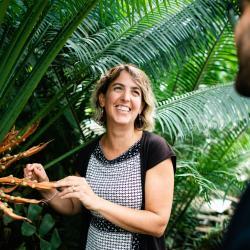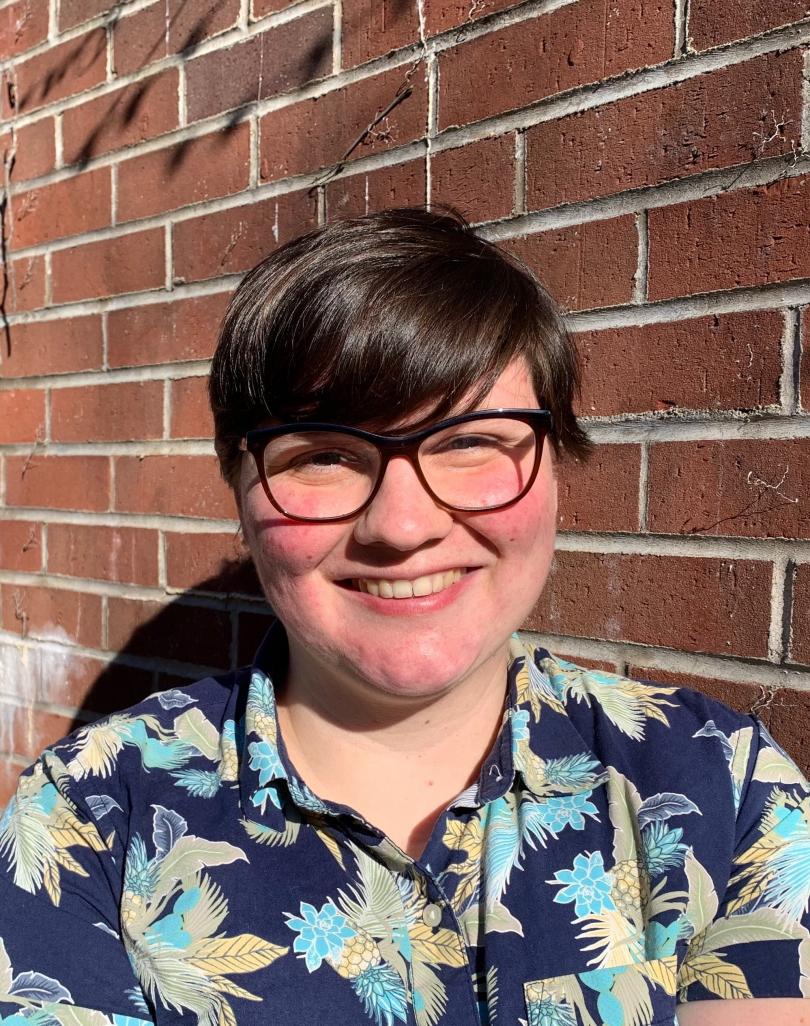"Genetic and Genomic Mechanisms Underlying the Convergent Evolution of Pollination Syndromes in the Neotropical Radiation of Costus L. (Costaceae)"

Dr. Chelsea Specht | Specht Lab
Bio:
Dr. Chelsea Specht is the Barbara McClintock Professor of Plant Biology and Associate Director for Faculty Development, Equity, and Inclusion in the School of Integrative Plant Science and serves as the elected Associate Dean of Faculty for Cornell University. She is a faculty member in the graduate fields of Plant Biology and Ecology and Evolutionary Biology and a faculty fellow of the Atkinson Center for a Sustainable Future. She is also a member of the L.H. Bailey Hortorium and affiliated with the Cornell University Herbarium.
In the Specht Lab we work together to investigate the evolution and diversification of Plant Form and Function. We use traditional morphological and developmental techniques combined with molecular genetics, comparative genomics and evolutionary biology to study the natural diversity of plants and to help better understand the forces creating and sustaining this diversity. Our research incorporates elements of systematics, developmental genetics and molecular evolution to study the patterns and processes associated with plant speciation and diversification. We take advantage of living and preserved collections to advance our research in plant systematics, biogeography, and developmental evolution.
Abstract:
Fifty years since Dr. Paul J.M. Maas published his first monograph of the New World Costoideae, we continue to struggle with species boundaries and evolutionary relationships within this charasmatic lineage of tropical monocotyledonous plants. In fact, the more we explore and discover the more questions emerge about the dynamics, patterns, and processes leading to speciation and diversification across the Neotropical Costaceae. In this seminar, I will discuss the recent monographic revision and its critical role in establishing a framework for evolutionary and ecological studies of the Neotropical Costus lineage within a phylogenetic context. The tempo and mode of speciation events are correlated with morphological changes that influence organismal interactions, including pollination and herbivory. Ecologic, morphologic, and biogeographic conditions that appear to promote hybridization and result in the potential for hybrid speciation are discussed across the genus, and implications for developing a stable taxonomy – and whether or not that is even possible or desirable – will be discussed.

